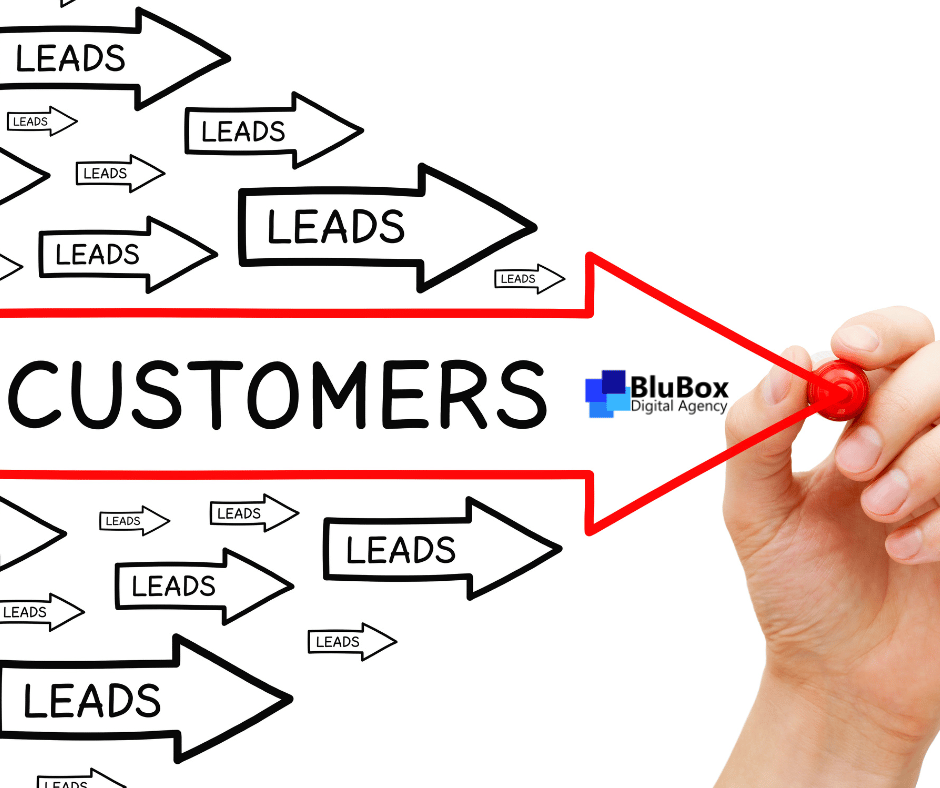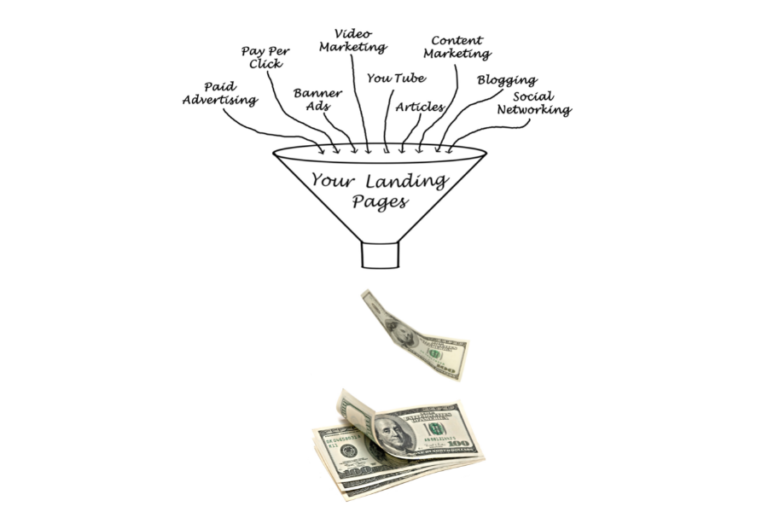Tips for a High-Converting Small Business Website
A website isn’t just a digital brochure.
It serves as your small business’ platform that guides visitors towards taking desired actions.
Here are some tips and tricks to get your website converting visitors into customers in no time!
Know Your Website’s Visitors
Understanding your audience is key to the layout of your site.
Different demographics have different preferences and pain points.
For instance, Gen Z trendsetters (ages 18-24) value authenticity and engaging content, while tech-savvy millennials (ages 25-40) prioritize innovation and quick, mobile-friendly solutions.
Baby boomers (ages 55-75) prefer reliability and clear information, often struggling with cluttered layouts and small text.
Tailoring your website to meet these individual needs can significantly enhance user experience and conversion rates.
Make Your Website Speak to Your Audience
Clear messaging is another critical element of your website.
Your website must clearly communicate your unique selling point (USP), addressing audience pain points and presenting your product or service as the solution.
This involves using data-driven language that highlights benefits over features.

For example, instead of merely stating that your glasses are stylish, explain how they enhance the wearer’s appearance.
This approach makes sure that visitors will quickly grasp the value proposition, making them more likely to engage.
Guiding Website Visitors
Navigation is important for retaining visitors and guiding them through your website.
Making your site easy to get around means setting up clear menus and sticking to layouts that feel familiar to everyone.
A streamlined menu with categories like Home, About Us, Services, and Contact Information helps users find what they need quickly.
Drop-down menus can further categorize your small business’ services, making it easier for users to locate specific information, which will reduce frustration and bounce rates.
Speed Matters
Fast load times are important in maintaining website visitor attention.
Optimizing your images and implementing caching strategies can significantly improve load speeds.
This technical aspect often depends on the platform used for building the website, and seeking assistance from your hosting provider or a web professional might be necessary.
A faster website not only enhances user experience but also positively impacts search engine rankings.
Going Mobile
Mobile responsiveness cannot be overlooked in an era where mobile browsing is commonplace.
Making sure that your site looks and functions well on mobile devices involves adjusting text sizes, images, and navigation for smaller screens.
This also includes making sure that fonts are large enough to read and that images load correctly.
And don’t forget that accessibility features such as proper contrast, alt text, and keyboard navigation should be incorporated to make your site usable for everyone, including those with disabilities.
Never Stop Improving

Continuous testing, refinement, and updates are also important for maintaining a high-performing website.
Using tools like Google Analytics can help identify top-performing pages and areas where website visitors drop off.
Ask for user feedback and test elements like contact forms to make sure that your site remains functional and user-friendly.
Keeping your website content fresh with regular updates, blogs, or video posts not only engages visitors but also boosts your website’s search engine optimization (SEO).
Building a website that really draws people in starts with getting to know your audience and making sure your messages are clear and grabs their attention.
By making sure your website is easy to navigate, loads quickly, works well on mobile devices, and is accessible to everyone, you can really improve user experience.
Continuous improvement through testing and updates ensures that your website remains effective in driving conversions.
Remember, a website is a living document that should evolve alongside your business!
Want to make your website even better? Grab our FREE Email Marketing Tips and learn how to keep visitors hooked and coming back. Turn those clicks into loyal customers—get started now!







